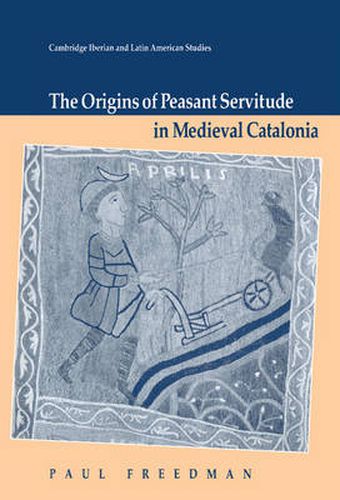Readings Newsletter
Become a Readings Member to make your shopping experience even easier.
Sign in or sign up for free!
You’re not far away from qualifying for FREE standard shipping within Australia
You’ve qualified for FREE standard shipping within Australia
The cart is loading…






This book describes the history of peasants in Catalonia, the wealthiest and politically dominant part of the medieval Kingdom of Aragon, between the ninth and fifteenth centuries. It focuses on the period from 1000 to 1300, when free peasants who had held property under favourable frontier conditions were progressively subjugated by their lords. Between 1462 and 1486 Catalan peasants mounted the most successful peasants’ war of the Middle Ages, and achieved the formal abolition of servitude. Professor Freedman seeks to explain both the process by which servitude was strengthened over the centuries, and its eventual weakening before a direct moral and military challenge. He addresses both the causes of enserfment and the limitations on its effectiveness. The book integrates archival evidence with the theories of society elaborated by medieval jurists. Comparisons are drawn between Catalonia and other regions, and its experience is situated within a spectrum of different social and economic conditions.
$9.00 standard shipping within Australia
FREE standard shipping within Australia for orders over $100.00
Express & International shipping calculated at checkout
This book describes the history of peasants in Catalonia, the wealthiest and politically dominant part of the medieval Kingdom of Aragon, between the ninth and fifteenth centuries. It focuses on the period from 1000 to 1300, when free peasants who had held property under favourable frontier conditions were progressively subjugated by their lords. Between 1462 and 1486 Catalan peasants mounted the most successful peasants’ war of the Middle Ages, and achieved the formal abolition of servitude. Professor Freedman seeks to explain both the process by which servitude was strengthened over the centuries, and its eventual weakening before a direct moral and military challenge. He addresses both the causes of enserfment and the limitations on its effectiveness. The book integrates archival evidence with the theories of society elaborated by medieval jurists. Comparisons are drawn between Catalonia and other regions, and its experience is situated within a spectrum of different social and economic conditions.